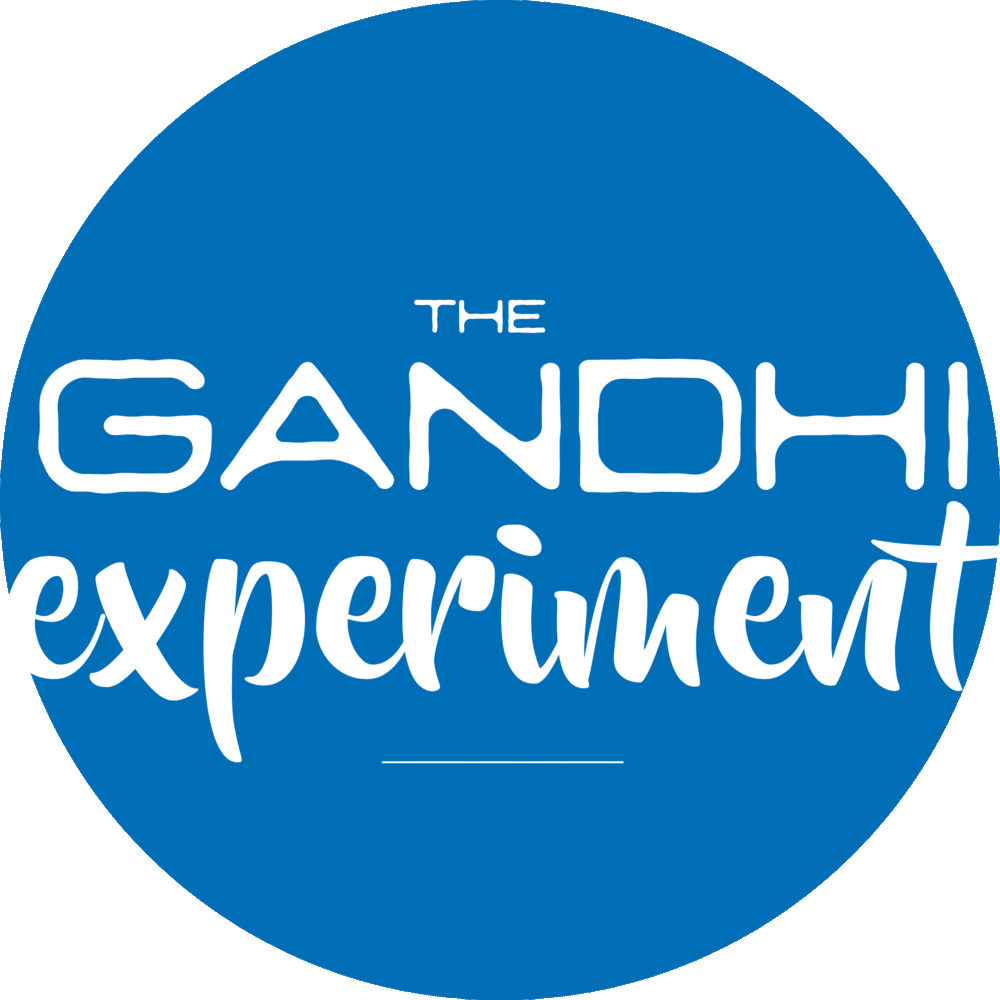“Too many people are experimenting with war and violence. We need more people experimenting with peace and non-violence. ”
Margaret Hepworth is a Peace Educator; a thought leader in peace and values education. Her drive and commitment for social justice has grown and flourished through her secondary teaching of almost thirty years, and has now culminated in her initiative for students and adults – The Gandhi Experiment.
Margaret has been Head of Campus (Vice-Principal) at Preshil School, Melbourne, Australia, and holds a Master of Educational Studies. She published her first novel, Clarity in Time, in 2012 through Balboa Press, in which the protagonist comes to understand that to make a difference in this world, you can no longer remain a passive by-stander.
Her latest books, ‘The Gandhi Experiment - Teaching our teenagers how to become global citizens’ and ‘Collaborative Debating’ are now available world wide.
A member of Initiatives of Change Australia, Creators of Peace, and Education Today, Society Tomorrow (India), Margaret keeps busy helping to run various ‘life developing’ programs within these organisations.
A vibrant presenter, she is well versed in public speaking, having facilitated at conferences and workshops in Australia, India, Pakistan, Indonesia and China, running workshops and speaking at assemblies and book groups. Her interesting and varied background includes travelling widely and having lived and taught in Melbourne, Australia, the USA and Nanjing, China.
Above all, her belief in what she is trying to achieve – to help others step forward to make a difference in this world – gives Margaret the drive, passion and commitment required to help achieve more peace in this world through peace education.
Margaret is the recipient of the 2016 Sir John Monash Award for Inspirational Women's Leadership. You can read more about it here.
Margaret currently resides in Melbourne, Australia.
Gandhi and Margaret
The Gandhi Experiment workshop at Tardeo, Universal School, Mumbai
Education Today, Society Tomorrow, IofC India team



